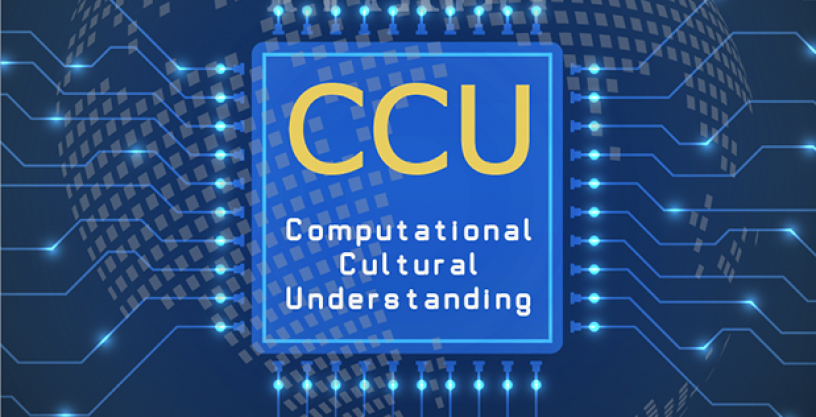Summary
The U.S. Government and its agencies, including the Department of Defense (DoD), operate globally and are in constant contact with diverse cultures.
Communicative understanding, not simply of local languages, but also of social customs and cultural backgrounds, lies at the heart of Civil Affairs and Military Information Support Operations activities, which together comprise the vast majority of U.S. counterinsurgency and stabilization efforts. Cross-cultural miscommunication not only derails negotiations, but also can be a contributing factor leading to war. The likelihood of communicative failure increases dramatically where significant social, cultural, or ideological differences exist.
Automated systems would be a welcome force-multiplier for DoD interpreters. However, unlike the human cultural interpreters who enable U.S. forces today, such systems are currently incapable of accurately analyzing cross-cultural communication or providing useful assistance to negotiations beyond basic machine translation.
The Computational Cultural Understanding (CCU) program aims to create cross-cultural language understanding technologies to improve a DoD operator’s situational awareness and interactional effectiveness. CCU seeks to build natural language processing technologies that recognize, adapt to, and recommend how to operate within the emotional, social, and cultural norms that differ across societies, languages, and group affinities.
To support diverse and emergent use cases, CCU will explore technologies engineered to require minimal-to-no training data in a local culture, while maximizing operator success during negotiations and other interactions in the field. Instead of relying primarily on annotated training data, target systems will leverage qualitative and quantitative findings from fields such as psychology, sociology, or other relevant disciplines, as well as minimally-supervised machine learning techniques, in order to infer the meaning of unlabeled discourse behaviors in context.
To achieve relative parity with human interpreters, who provide cultural insight and leverage this knowledge in the translation process, CCU research aims to provide foundational technical innovations to assist negotiators and analysts with language analysis and cross-cultural dialogue in the field. These advances in the area of cross-cultural understanding will also inform processes for training and planning.
Despite remarkable recent advances in machine learning and multimedia analysis, today’s human language technology applications are inadequate for cross-cultural communicative analysis. To remedy these deficiencies and advance communication technology towards enablement of greater cultural understanding, the CCU program will focus on the following research topics:
- Automatic discovery of sociocultural norms.
- Generalization of emotion recognition across cultures.
- Detecting impactful changes in communicative practice at multiple timescales.
- Providing dialogue assistance to cross-cultural interaction.

